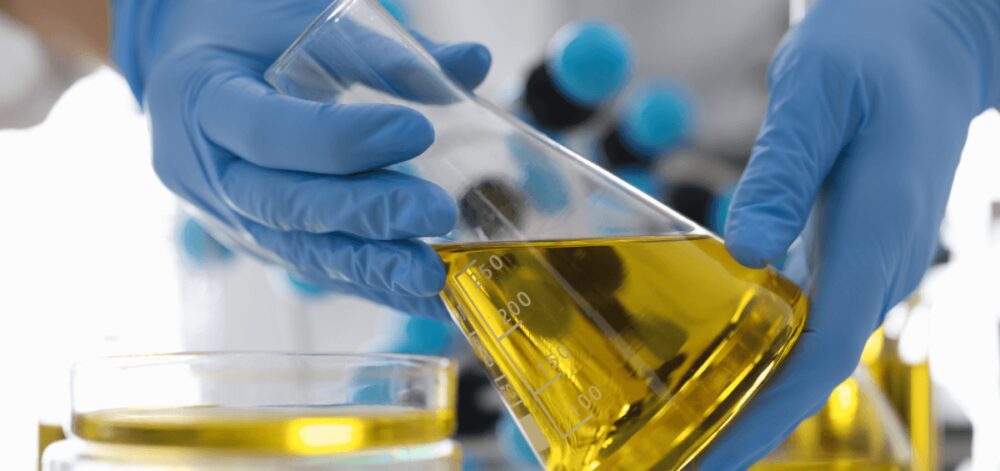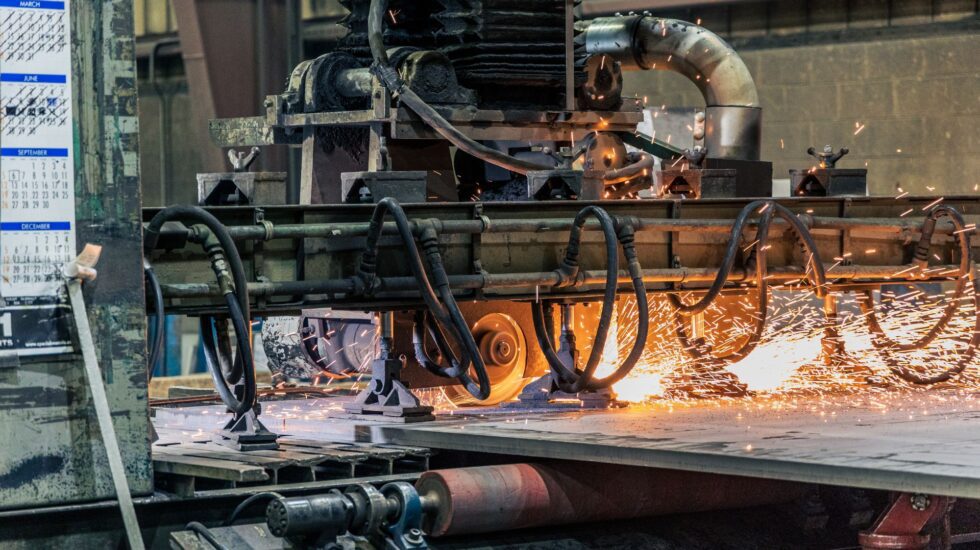Fueling Innovation in Chemical Manufacturing: Unlocking SR&ED Tax Credits for Technological Advancements
In the ever-evolving chemical manufacturing industry, constant innovation and technological advancement are essential to meet market demands and regulatory requirements. For chemical companies, the Scientific Research and Experimental Development (SR&ED) tax credit program provides crucial financial incentives to explore and overcome technological uncertainties. Let’s explore the common areas of technological uncertainties in chemical manufacturing and how SR&ED tax credits can drive innovation.
Pioneering Formulation Development
Developing new chemical formulations or improving existing ones often presents significant challenges. This can include enhancing bonding strength, optimizing drying time, or ensuring long-term stability. These complexities require experimental research and testing, making them potentially eligible for SR&ED tax credits. Chemical companies can leverage these incentives to push the boundaries of chemical science and create superior products.
Overcoming Scale-up Challenges: Chemical Manufacturing
Scaling a chemical process from the laboratory to production scale is fraught with uncertainties. Factors that are manageable in a small-scale lab setting, like reaction kinetics or heat transfer, can become problematic at larger scales. SR&ED can support the detailed experimentation needed to adapt these processes successfully. This in turn can help companies transition from pilot to full-scale production.
Addressing Environmental Impact and Regulation Compliance
As environmental regulations become stricter, chemical manufacturing faces the challenge of modifying processes to reduce emissions and waste without compromising quality. Innovating solutions that align with sustainability goals not only meets regulatory demands but also qualifies for SR&ED tax credits. This supports the development of greener manufacturing practices.
Innovating New Materials
Creating new materials with specific desired properties—whether for enhanced biodegradability or unique optical characteristics—often involves significant research and development efforts. SR&ED tax credits can facilitate this exploration, encouraging companies to invest in developing groundbreaking materials that can redefine industry standards.
Enhancing Efficiency and Yield
Improving the efficiency of chemical reactions and increasing product yield are critical objectives for any chemical manufacturing company. The experimentation involved in optimizing these aspects often qualifies for SR&ED, as it involves systematic investigations to achieve more cost-effective and productive outcomes.
Integrating New Techniques and Technologies
The adoption of novel technologies, such as advanced catalysis systems or innovative separation techniques, introduces several uncertainties. SR&ED tax credits can help to mitigate the risks associated with these technological advancements. This ensures that chemical manufacturing companies can experiment with confidence.
Ensuring Safety and Stability
Maintaining safety and stability when dealing with reactive chemicals or developing new storage solutions presents ongoing challenges. Research conducted to enhance safety protocols and stability measures is a key area supported by SR&ED. This emphasizes the program’s role in promoting safe and reliable chemical manufacturing processes.
Leveraging SR&ED for Chemical Manufacturing Excellence
For chemical companies, engaging in SR&ED not only offsets the costs associated with R&D but also propels technological advancements critical to maintaining competitive edge and compliance. Documenting all research activities thoroughly is crucial to substantiate SR&ED claims and secure the available tax credits.
To learn more about how SR&ED can support your chemical manufacturing projects or to determine your eligibility for these incentives, contact us today. With our expert guidance, chemical manufacturing companies can maximize their investment in innovation, backed by the support of the SR&ED tax credit program.
Contact us today!
One of our experts will be in touch shortly.












No Comments